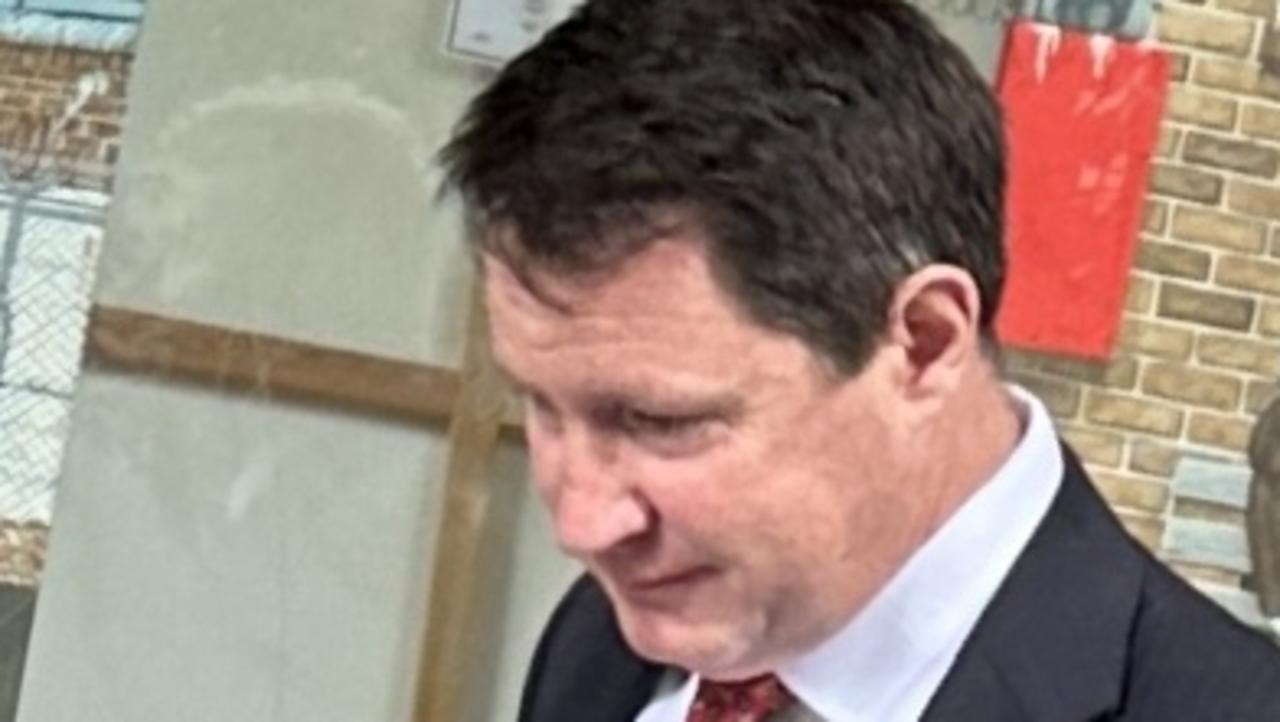Young Blood: How NSW train stations are postcode war, knife attack hotspots
Sydney’s trains and stations have become ground zero in the city’s postcode wars, with police forced to increase their patrols as part of a crackdown on the knife crime epidemic. See the list of hot spots.
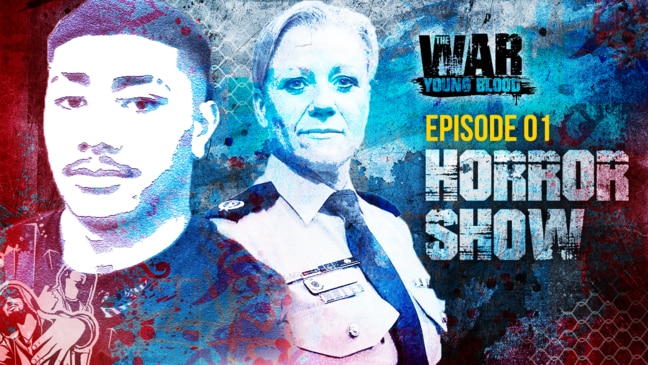
Central Sydney
Don't miss out on the headlines from Central Sydney. Followed categories will be added to My News.
Sydney’s trains and stations have become ground zero in the city’s postcode wars, with police forced to increase their patrols as part of a crackdown on the knife crime epidemic.
New figures reveal NSW Police have confiscated 738 knives from trains and train stations alone in the first nine months of this year, with 193 of the weapons taken off people under the age of 19.
As part of the new docu-series investigation The War: Young Blood, The Daily Telegraph spent a night out on the streets with NSW Police as part of Operation Foil III, which is aimed at targeting knife crime and street gangs.
Detective Inspector Andrew Evans said their intelligence suggests most knife crime occurs “within 500 metres of train stations right across the state”.
“Each of the police area commands and police districts that are involved in (Operation) Foil provide us with information about persons that are likely to be involved in violent crime,” Det Insp Evans said.
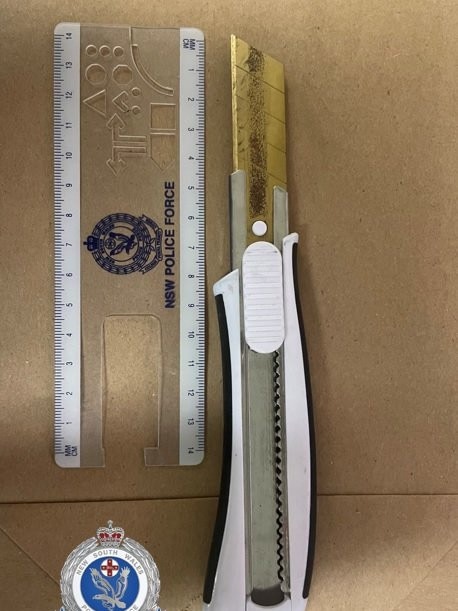
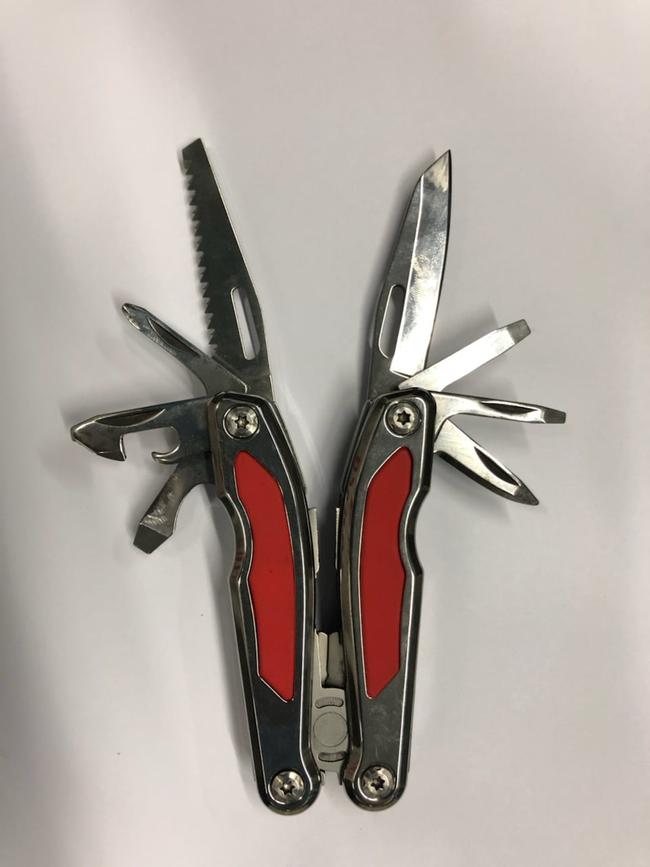
“There are areas and locations that intelligence and experience tells us a violent crime is predicted to occur, and we do deploy police into those locations – generally at specific times as well, that’s how good our data is that we can predict almost to within the hour where violence will occur.”
Police data revealed the most number of knives were confiscated from teenagers in Blacktown with 25 weapons confiscated between January and September.
Postcode war hotspot Mount Druitt came next with 21, ahead of Parramatta (19), central Sydney (18), Liverpool (15) and the Sutherland Shire (14).
A total of 55 other weapons, not classified as knives, were taken off teenagers over the same period.
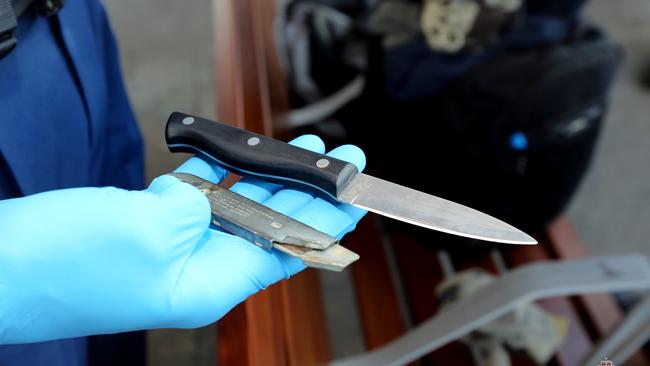
The figures put 2022 on track to surpass the 902 knives confiscated on trains in the entirety of 2021.
One of the biggest areas of investigation in The War: Young Blood is why teenagers feel the need to only join street gangs and carry knives.
Det Insp Evans said his experiences dealing with youths as part of Operation Foil led him to believe there was one reason – protection.
“Look, I believe it’s to do with protection for themselves,” he said.
“The knives that we seize are not necessarily hunting knives or tactical knives, they’re often kitchen knives or fishing knives that are readily available at a person’s home.
“Over the course of this weekend we might seize up to 100 knives statewide. I’d say 10 to 15 of those might be considered prohibited weapons, the rest are knives that can be bought at department stores.
“It is working, I certainly have seen a reduction in the level of knife violence.”
Data collected from the Bureau of Crime Statistics and Research has revealed the City of Sydney government had the state’s highest rate of assault offences on public transport.
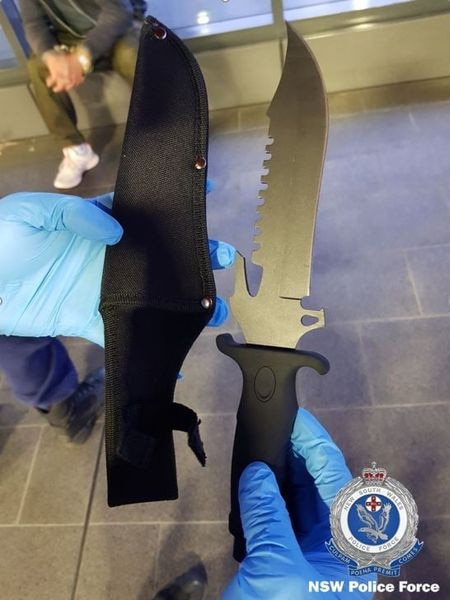
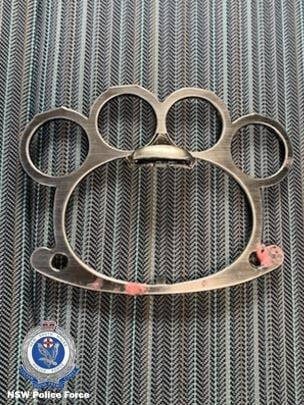
This was followed by Strathfield, Penrith, Blacktown, Cumberland, Blue Mountains and Wollongong.
Sydney Trains said thousands of CCTV cameras, as well as a close relationship with NSW Police, was a key to keeping commuters and staff safe on the rail network.
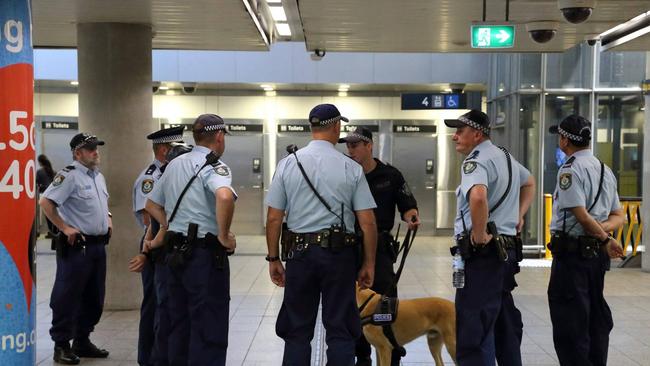
“Sydney Trains has also put in place a range of other measures to maximise safety for commuters such as improved lighting on platforms, 13,000 CCTV security cameras monitoring stations, emergency help points, and security guards,” a Sydney Trains spokeswoman said.
Read related topics:The War

